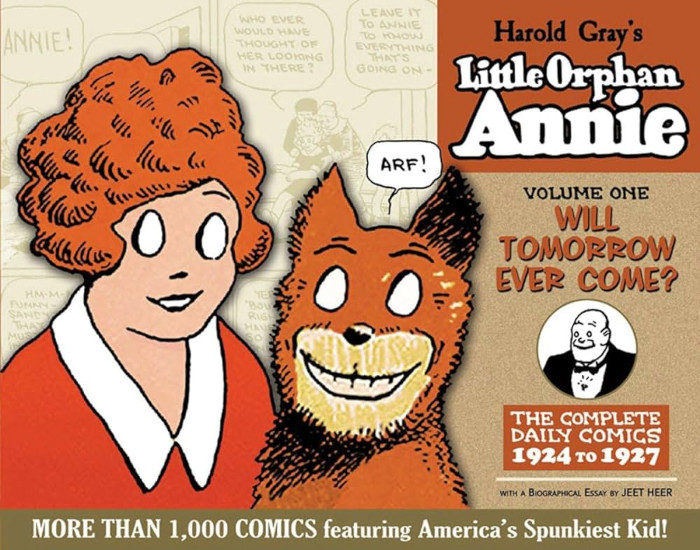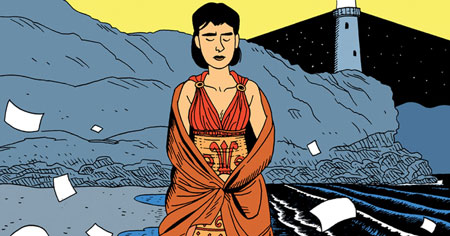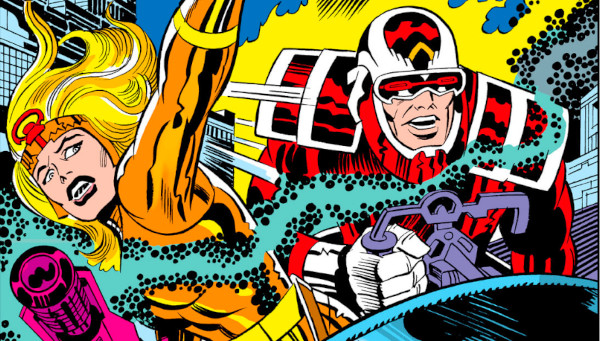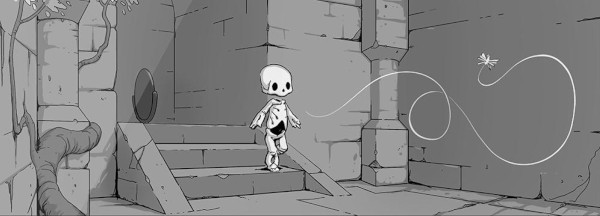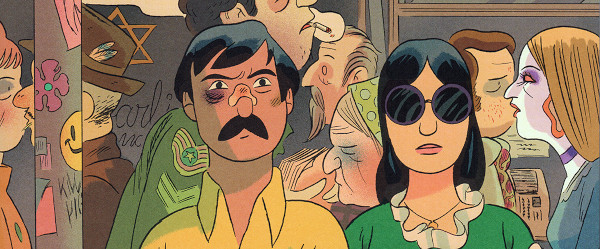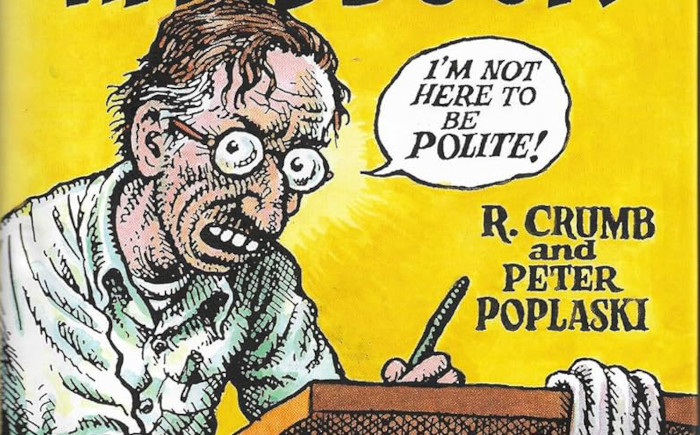 FLASHBACK! A then-recent R. Crumb compilation is reviewed by a Crumb connoisseur (Kumar) and a Crumb newbie (Tim). The book features Crumb at his sweetest and his most shocking. But can this (or any book) claim to be the perfect Crumb compilation? (Originally published June 30, 2008.)
FLASHBACK! A then-recent R. Crumb compilation is reviewed by a Crumb connoisseur (Kumar) and a Crumb newbie (Tim). The book features Crumb at his sweetest and his most shocking. But can this (or any book) claim to be the perfect Crumb compilation? (Originally published June 30, 2008.)
Brought to you by:
Podcast: Play in new window | Download

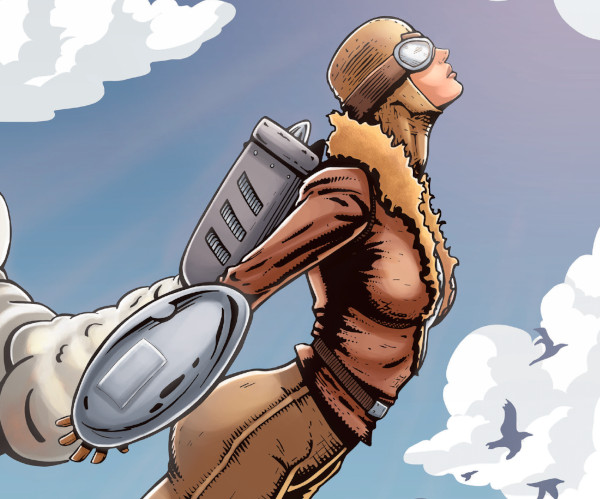
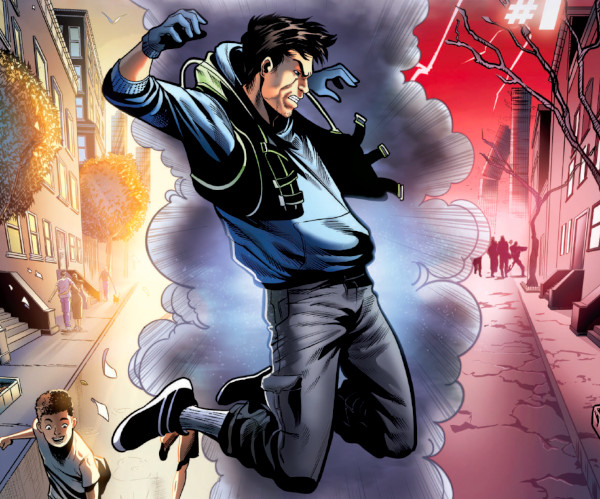
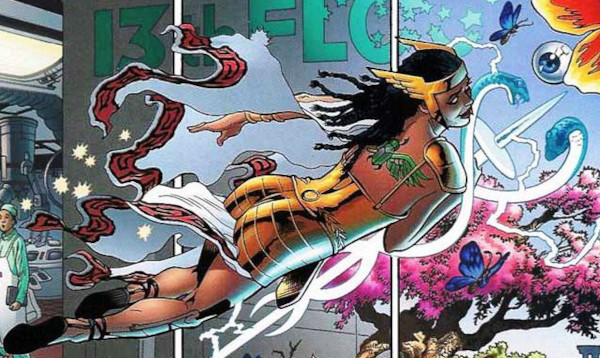 FLASHBACK! While Alan Moore and J.H. Williams’
FLASHBACK! While Alan Moore and J.H. Williams’ 